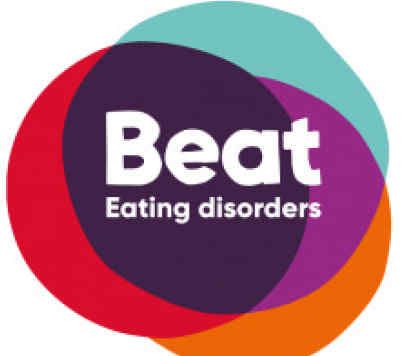We all know that food is an important part of a healthy lifestyle – but if you’re living on your own for the first time, getting used to new ingredients or you’re juggling study alongside family life, it can be tricky to maintain a healthy, well balanced diet. This page has some tips on how to plan your meals so they’re affordable and nutritious.
How to get your 5-a-day
Check out the NHS advice on eating well, how to get your 5-a-day and eating on a budget. Visit their website.
Balanced diet
Eating a well-balanced diet is proven to give you energy, improve your mood and memory, support a good night’s sleep and has long term health benefits. We’ve put together some handy advice that will help you achieve a well-balanced diet:
- Plan ahead – use your weekends to think about what you’d like to eat during the week. This will help you plan your shopping list, manage your budget and avoid food waste
- Batch cook your favourite meal – cooking for one doesn’t need to be boring! Cook a big batch of food, separate into portions and freeze or refrigerate them for another day
- Breakfast is an important meal – you might not feel like eating as soon as you wake up and that’s okay! Prepare a packed breakfast that you can bring with you to College, so you don’t spend the morning hungry. This will help set you up for the rest of the day
- Everything in moderation is a good motto to live by! A healthy diet should include a variety of food groups including protein, fibre, carbohydrates, and natural sugars and fats
- Water is your friend – it’s healthy, free and will quench your thirst. The College have refill points across campus so make sure you have your water bottle to hand
Healthy and money saving food tips
- 1. Eat seasonally
- 2. Savvy staples
- 3. The frozen aisle
- 4. Choose your supermarket wisely
- 5. Never shop hungry
- 6. Cook in bulk
- 7. Make some simple switches
When fruits and vegetables are in season they are usually at their cheapest, as well as having their best flavour and nutritional value. Visit Eat the Seasons for a month-by-month guide to what to choose when.
Canned goods can form the basis of cheap, easy and nutritious meals. Try stocking up your store cupboard with the following:
- Beans and pulses - a great source of protein, fibre and energy-boosting B vitamins. Fantastic to add to soups, stews and casseroles to boost the nutrient value and to bulk up meals.
- Tinned fish - salmon, mackerel, tuna and sardines. A cheaper alternative to fresh fish, but still rich in heart and brain healthy omega 3 fats.
- Tinned tomatoes - the most versatile of ingredients, these can form the basis of most dishes.
Frozen vegetables and fruit are a great way to stock up on healthy ingredients that you can keep for a long time. It's usually cheaper than buying fresh and it can help you to avoid food waste as you only use what you need.
Small 'mini' supermarkets tend to be more expensive than larger superstores. If you can, try to find you largest local supermarket to do your regular shops. Larger supermarkets tend to have more variety and often have offers on popular products.
There are a number of discount supermarkets, such as Lidl and Aldi, that offer great quality, unbranded products at competitive prices. This can help to reduce the cost of your weekly shop.
We've all gone to the supermarket hungry and come home with £50 worth of our favourite snacks instead of the things we orginally went there for! Hunger will mean you make food choices based on what you fancy there and then, rather than what’s good for you. The best way to avoid impulse buying is to:
- Eat before you shop; and
- Prepare shopping list and stick to it!
Cooking for one doesn’t need to be boring! Cook a big batch of food, separate into portions and freeze or refrigerate them for another day.
Try switching out branded products for supermarket own brands. They're often very similar in quality and taste and cheaper!
Affordable and healthy recipes
It’s easy to eat healthy, exciting meals on a budget, even if you’re learning to cook for the first time! The BBC Good Food website has hundreds of recipes, broken down into different categories, that suit a range of budgets and dietary needs. We’ve picked some of the top lists for you:
